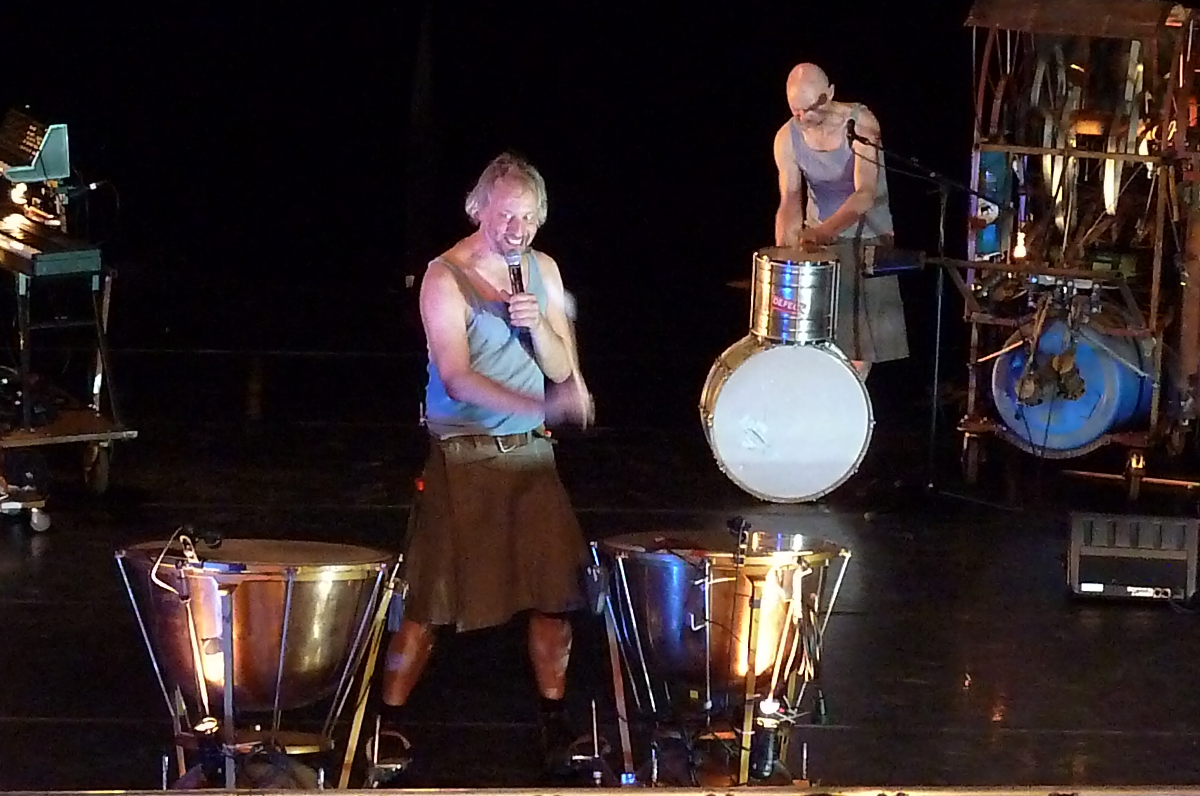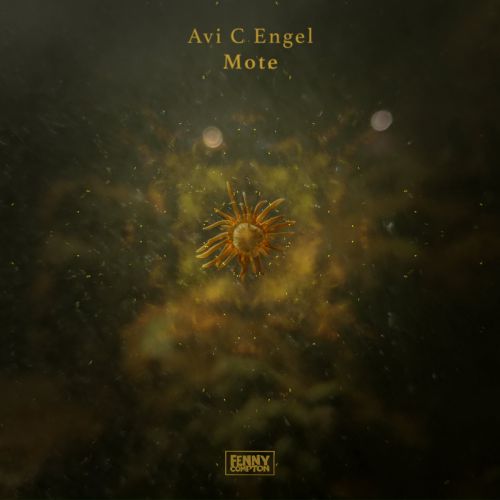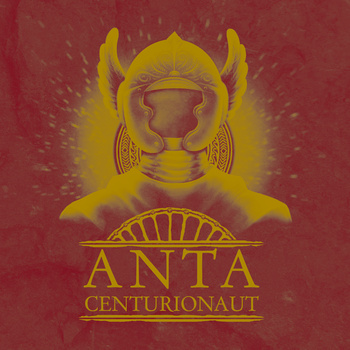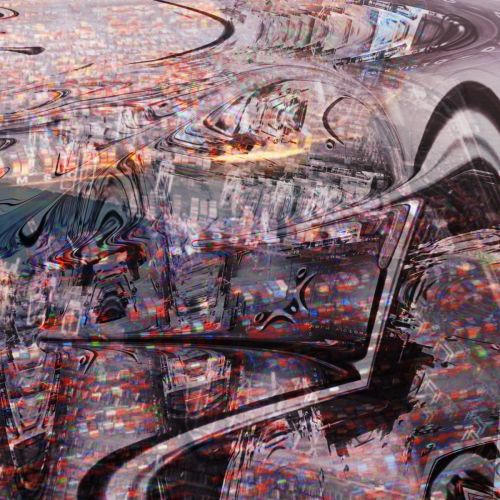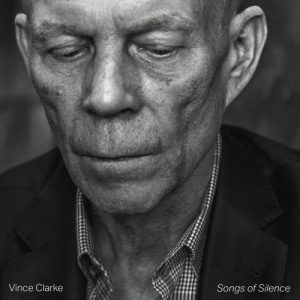 Vince Clarke is known as the demure one in Erasure — the foil to Andy Bell‘s old luvvy charm. Somewhat implausibly, despite forty+ years as a professional musician, this is his first solo album proper. Good things come to those who wait, as the cliché goes, but I’m not sure it’s reasonable to apply that here. Should’ve done this a lot sooner Vince, this is an absolute belter.
Vince Clarke is known as the demure one in Erasure — the foil to Andy Bell‘s old luvvy charm. Somewhat implausibly, despite forty+ years as a professional musician, this is his first solo album proper. Good things come to those who wait, as the cliché goes, but I’m not sure it’s reasonable to apply that here. Should’ve done this a lot sooner Vince, this is an absolute belter.
I don’t know what I was expecting from Clarke. I’m a long-standing fan of Erasure and he’s got a fair breadth of stylings there — although oriented around clear, rhythmic, poppy chord changes, his accentuations and delivery has always been exquisite, even when in the more day-glo realm of big pop songs. I say he’s Bell’s foil because there’s always a really blessed sense that the two complement each other peerlessly, Clarke in the background, carefully making Bell look like Judy Garland with a better voice.
For this solo album he’s clearly built on his Erasure-ing — it’s not a swerve into cumbia or zydeco, but it’s also not ‘Erasure minus vocals’. Tempos are typically on the slower end of things and melodies are perhaps more pronounced. Critically though, there isn’t a moment on the album where melody disappears entirely.At first glance Songs Of Silence edges close to ambient — long drones, swoopy sounds, odd and sparing rhythmic textures. But this being a man from a very pop pop group, there’s not an ounce of waste here. All the songs clock in south of five minutes and even when it’s a langorious drift (“Imminent”), there’s plenty of bubbling interjections and dynamics. It’s a record that wears Clarke’s experience on its sleeve, insofar as there’s never a moment that doesn’t feel deliberate, and deliberated upon.
My suspicion is that this is highly composed, or at least well-worked, music. “The Lamentation Of Jeremiah” here is seemingly built on a fairly simple overtone serie,s but it’s EQed just so — it feels like the music has just fallen out of the synths like unhewn pillows, while the compositional story is likely the opposite. There’s a soupçon of dissonance that never quite focuses. Having an impact but not quite consciously. And then, as it turns out, Clarke has written a part for cellist Reed Hayes — lots of iridescent arpeggios and wiley mordants, accellerandos pushing tensions, melody taking in much of the cello’s range. And despite the cello’s pyrotechnics, Clarke doesn’t rest in accentuative detail in the background. The hoary old questions of synths vs acoustic instruments are clearly bunk, but it’s notable when Clarke does introduce a ‘traditional’ instrument it’s seemless, timbrally. I’m a fan of timbral disjuncts where appropriate, but it’s never present for Clarke — not note’s hair out of place.Another (quasi-)acoustic part of this record, “Blackleg”, may owe something of a debt to Gavin Bryars‘ Jesus’ Blood Never Failed Me Yet — it features a murky recording of a union anti-scab song (eternally relevant, sadly) gently interlacing with a panicked, unhurried synth melody. I say “may owe”, because it’s a similar idea; but Clarke’s delivery is very different. The harmonies brooding malevolently, but the tension is more subtly delivered than is Bryars’, for my money.
Clarke could’ve done an Erasure instrumentals record and that would’ve been fine. Instead, Clarke’s created something mildly frustrating, insofar as he’s clearly got a significant composerly voice outside of his work with Andy Bell and he’s been hiding it from us. Erasure is overwhelmingly strongly rhythmically articulated — it is pop music, after all — but Clarke’s methods here are to apply rhythm sparingly. “Scarper” is the only track with an obvious four-to-the-floor and even that is de-centred by slurs and rests. “White Rabbit” establishes a rhythm with careful deployment of soft synths, only to pull the rug (or perhaps push the rug) with some big drums that arrest the songs malevolent stupor. The same song has a really lovely effect on one of the synths — it’s very akin to overloaded tape distortion, but not quite round and organic enough to be precisely that.It’s obvious from this that Clarke could’ve pushed towards a very academic, synth-nerd’s album. The attention to timbre and EQ is formidable. But there’s never a sense that he’s abandoning harmony or melody, never a sense that this wouldn’t appeal to the Erasure hardcore. It’s a very likeable album, and perhaps that most rare of beasts — an album that’s at once sumptuously sophisticated while being palpably easy to listen to.
Again, it’s something of a surprise — I was always going to enjoy Songs Of Silence because I stan Erasure, but I don’t know that I would’ve expected something so composite, gratifying, careful and caring. A genuinely lovely record that’s demure but insistent, absolutely dripping with a career’s well-earned confidence. More Vince, more I say.-Kev Nickells-
